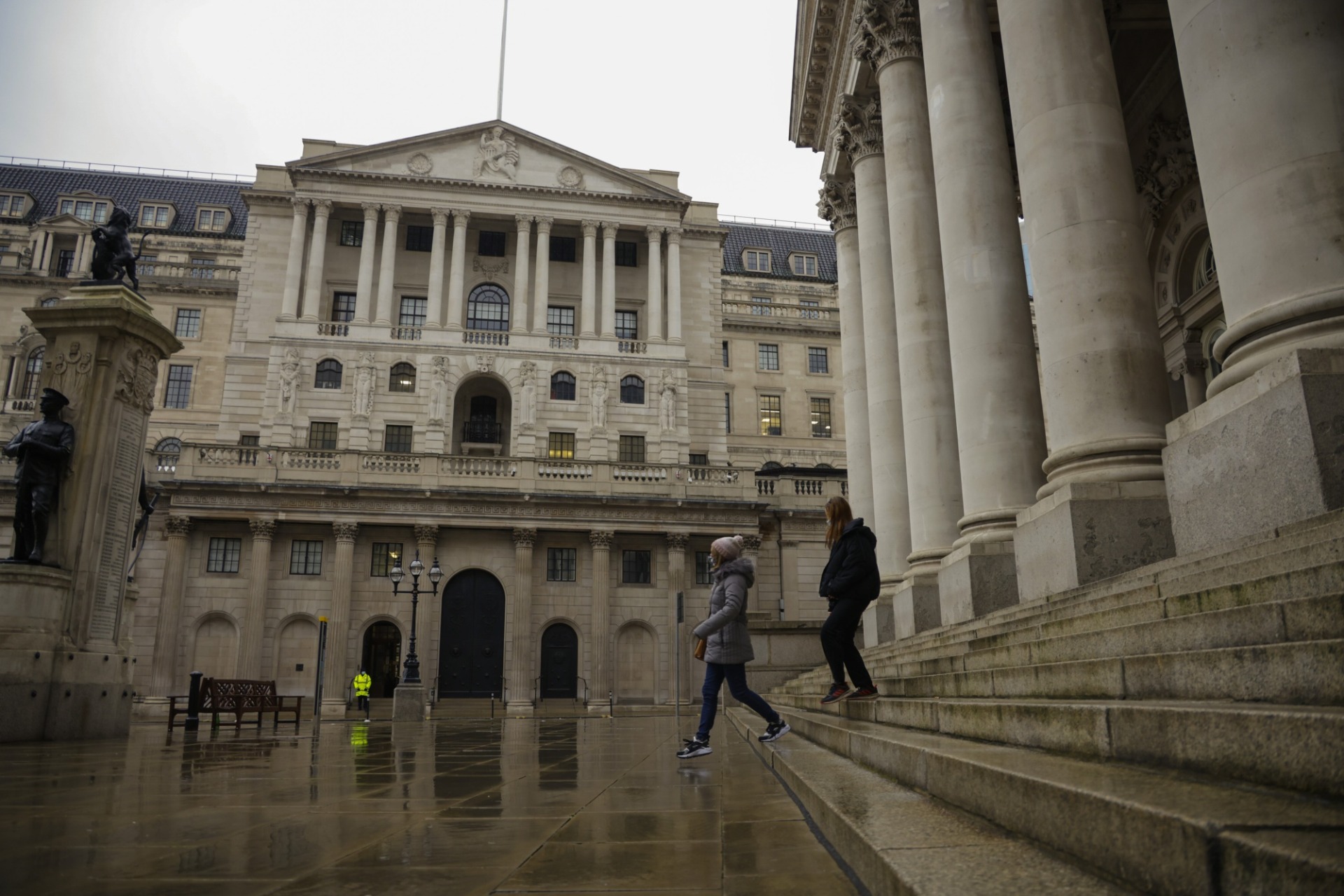


Image Credit: Bloomberg
Bank of England rate-setter Alan Taylor has called for proactive interest rate cuts to avoid a severe downturn in the UK economy, warning of a potential recession if the central bank moves too slowly.
In his first speech, Taylor suggested that borrowing costs might need to fall into stimulative territory to address a scenario where the economy weakens further and inflation declines more quickly than expected. He proposed that rates could be reduced by up to 150 basis points over the next year.
He emphasized the need for pre-emptive rate cuts to mitigate risks, noting that while inflation is nearing its target, the economy is weakening, and lowering rates could help ensure a soft landing. Taylor's comments imply support for swift rate cuts this year to bolster the economy, especially after growth indicators have deteriorated since Labour's government took power last summer.
Taylor, one of three policymakers who voted for a quarter-point cut in December, sees a high likelihood of rate cuts in the near future, with markets predicting an 85% chance of a reduction next month and at least two cuts this year. New data showing unexpected inflation cooling has added to this expectation.
The Bank of England has outlined three inflation scenarios, with Taylor favoring the two least concerning outcomes.
He suggested that if demand stalls, there may be a need for a more aggressive pace of rate cuts—possibly 125 or 150 basis points in the coming year. Taylor believes that the more pessimistic scenario, where inflation cools and demand weakens, is becoming increasingly likely.
Taylor also provided his view on the neutral interest rate—the level that neither stimulates nor restrains the economy—suggesting it should be around 2.75% in the two less concerning inflation scenarios.
However, he warned that if the economy continues to deteriorate, more drastic cuts might be necessary, potentially pushing rates below the neutral level into stimulative territory.
Despite this being a low-probability scenario, Taylor stressed the significant risks, including failing to meet inflation targets and causing a recession, if such a scenario unfolds.
Paraphrasing text from "Bloomberg" all rights reserved by the original author
